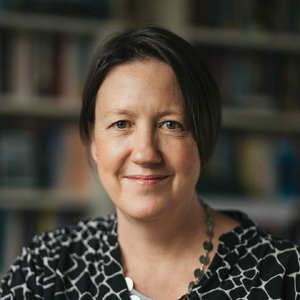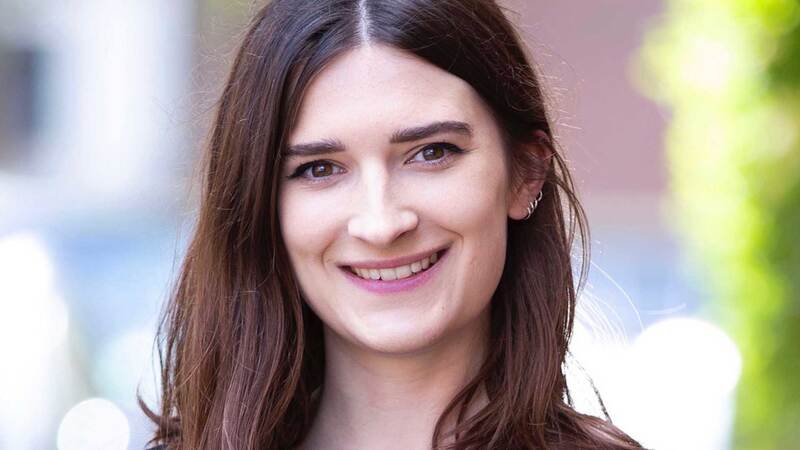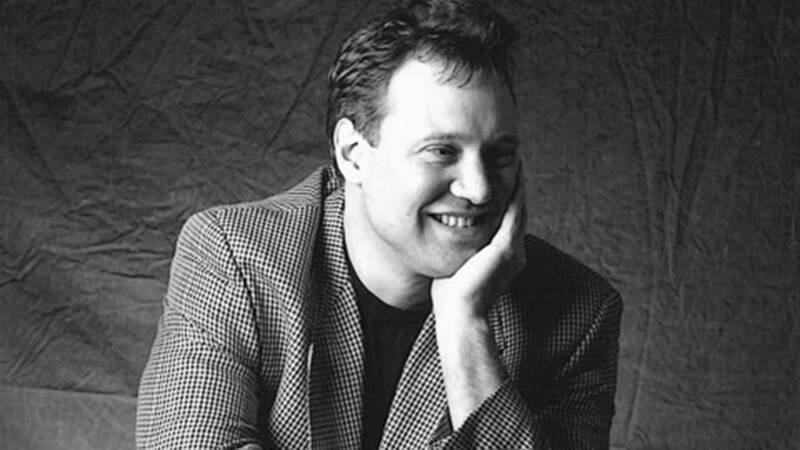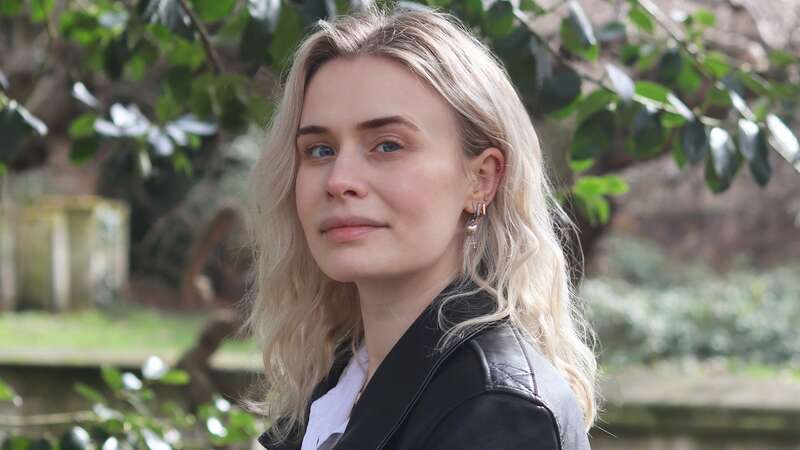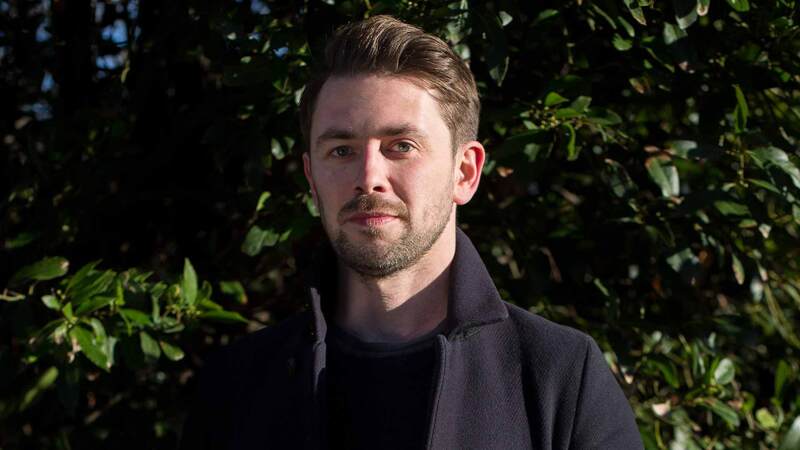You are viewing your 1 free article this month. Login to read more articles.
How to survive as an indie press
Five years on from founding Guppy Press, here’s what I’ve learned.
A couple of years ago I was on a panel at the London Book Fair with three brilliant entrepreneurial women, and my overriding memory of the session was the fact that we all had no idea how difficult it would be—not the finding and making of the books, but actually getting them into the shops to be sold. And having worked in the realm of indie publishing for over 20 years, I would say it is now as difficult as it has ever been.
Guppy Books launched in the autumn of 2019—every year we publish eight to ten titles of children’s fiction for five to 18-year-olds. Five years later we have just under 50 titles in print, our books have been shortlisted for all the major children’s book awards and, in 2022, The Cats We Meet Along the Way by Nadia Mikail won the Overall Waterstones Children’s Book Award after coming first in a competition Guppy ran during the pandemic.
Publishing in general now exists in a very different climate than, say, 10 or 15 years ago—narrower retail options, fewer distributors, increased cost of production. Which goes against what we all want—to get books out to our young readers, the readers of the future, who deserve as wide and diverse a choice as possible. That is where independent children’s publishing needs to step in.
But what can we small indie publishers do to make sure that we can keep our head above water—that our books stand out, reach their market, actually get into the shops? Without the massive marketing spend that larger corporate publishers enjoy, how do we survive? It’s tough—we can’t promise huge social media campaigns, billboards and tv ads. Our authors and illustrators know this. We simply can’t compete in terms of budget. (An aside: of course, let’s not forget that it is only the top tier of titles in the big publishers that actually see most of that marketing budget...)
Well, we have to behave differently.
We don’t follow the market, that’s for sure. And that can be disruptive—and often successful.
We must be nimble and flexible; we can take on brilliantly different, extraordinary books that might be too risky for other presses (see our above Waterstones winner). We can find writers at a much earlier stage if we can see the commercial potential, where in a bigger company perhaps the sales team might feel it too risky. We can take on books that might be considered too odd or different, or that don’t have obvious commercial comparisons. We don’t follow the market, that’s for sure. And that can be disruptive—and often successful.
There are plenty of things we need to do as small indies to survive: we need to be fantastic communicators—care of our authors and illustrators is top. We invest time and commitment to the authors; perhaps their first book isn’t the one to make big sales or garner fantastic reviews, but it might be their second, third or even fourth. We invest realistically (an important word) in talent we believe in, and we’re exceptionally choosy—if we don’t love the things we produce, we just won’t do a good job selling them. We have to keep our costs low (or at least try, I can already hear many colleagues’ intake of breath as I type these words...).
Awards are really important—and in this we are on an even playing field with the big publishers. There is nothing quite like the satisfaction of having a book on a shortlist alongside publishers that produce maybe 50 times the number of titles than you do each year... that feeling will never get stale.
It’s also important to be responsive to our market. Since a big section of Guppy’s is schools and libraries, we set up Guppy School, with an educational consultant producing fun and educational resources for all our books. All the statistics point to reading being a marker for success and happiness in later life—and if we as an indie publisher can make it as easy as possible for people to share and talk about our children’s books, then we all win.
How, then, do I measure the success of Guppy, now we are five? We are no longer new, we can’t lean on that any longer. Certainly in terms of building a business I have plenty to learn, but in terms of what we are producing, well, I couldn’t be more proud. The best books, the best authors and illustrators, the best colleagues, the best readers—Guppy will most definitely survive.
